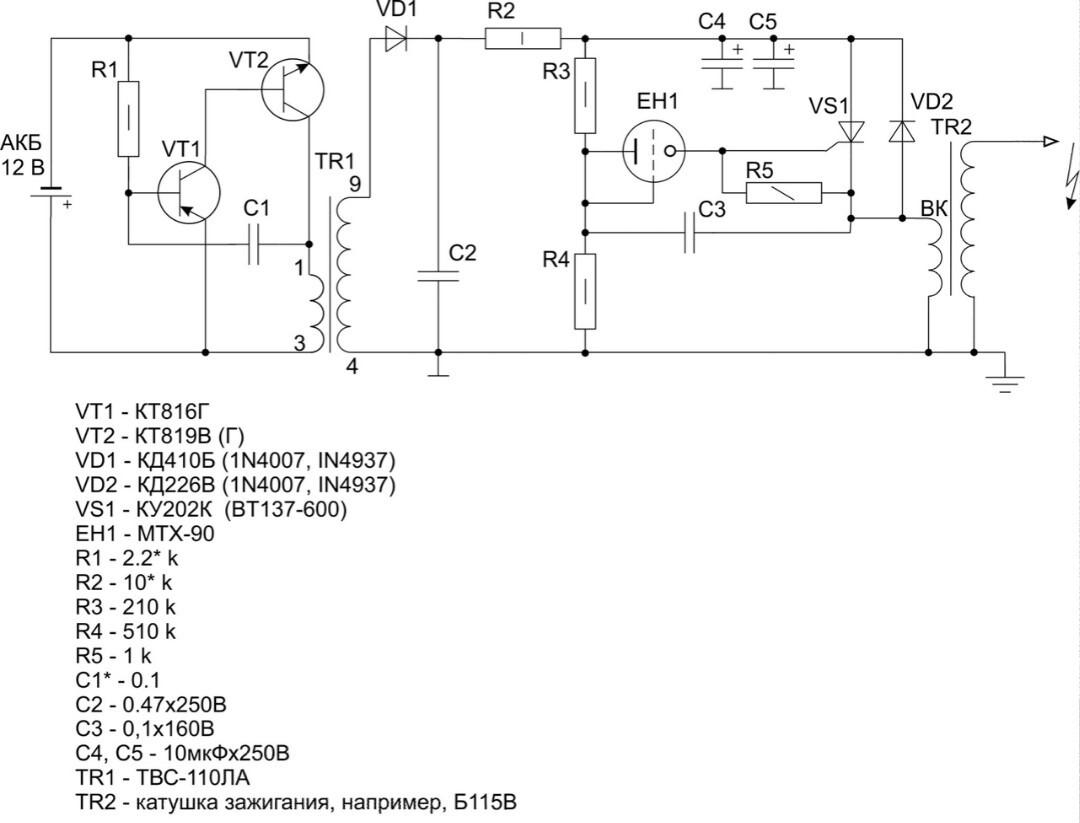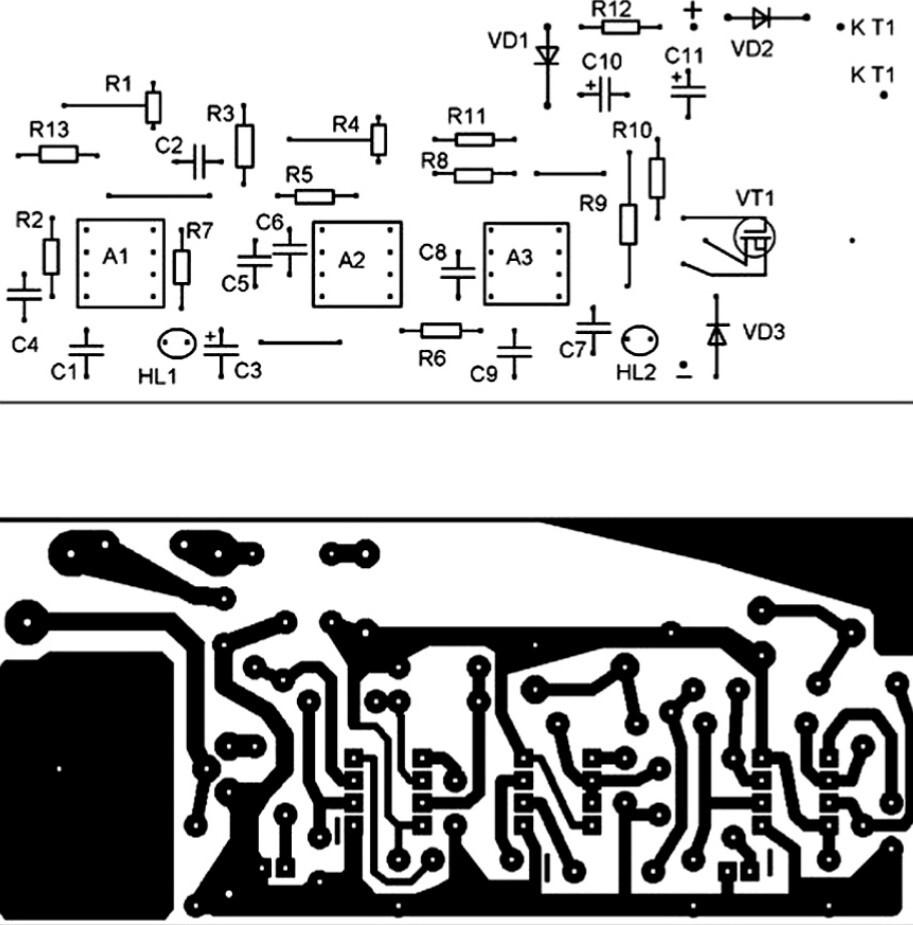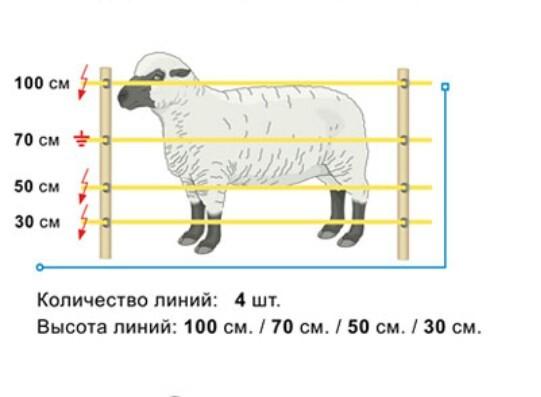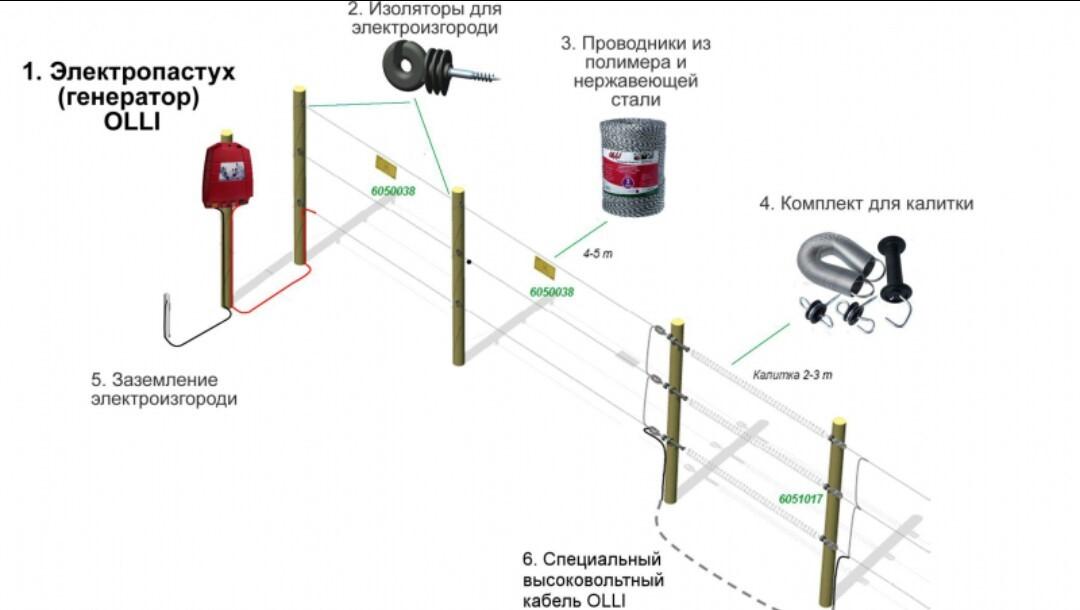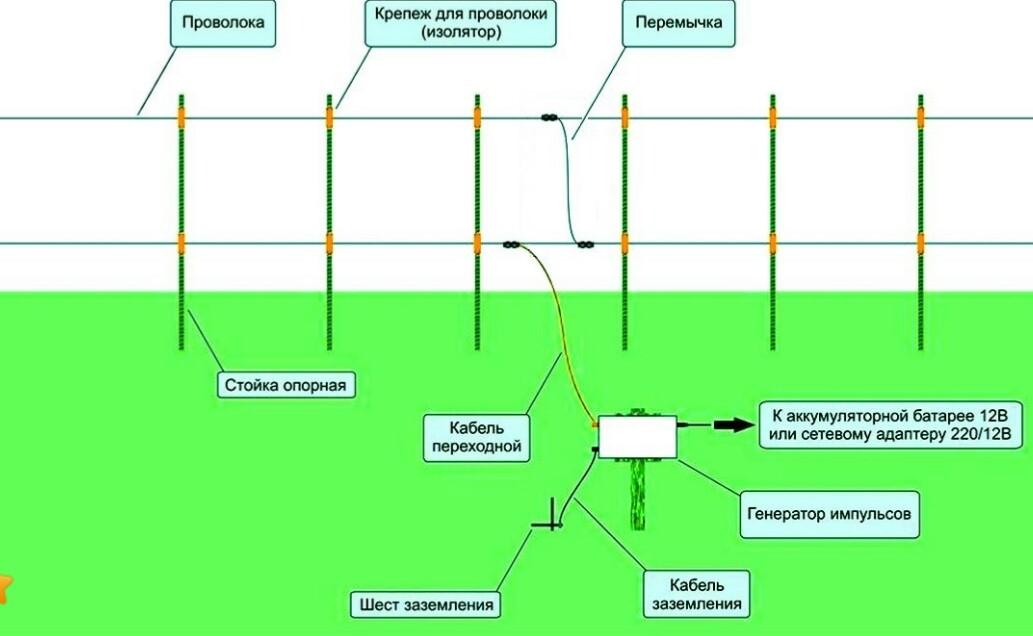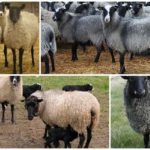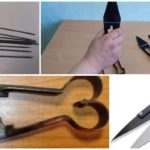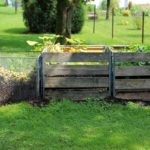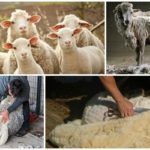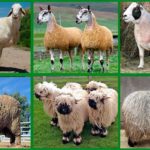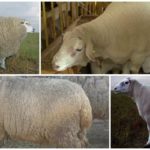Not everyone can afford to buy an industrial electric shepherd, especially rural residents with low incomes. But you can save money and make your own electric shepherd, suitable for grazing sheep and other livestock. For this purpose, a special fence is built in the pasture, allowing livestock to graze without human help. The advantage of an electric fence is protection from attacks by predatory animals.
What is it and what is it for?
The electric shepherd is a generator with current voltage. It transmits electrical signals to stringed wires that act as a fence for the sheep. If a sheep touches the wire, a slight electrical discharge will occur, passing through the body to the ground electrode. This is safe for the animal, but unpleasant, so sheep avoid this fence.
Fence in action
Electric shepherd circuit
Anyone who knows physics can understand the circuit diagram of the device. The main part includes a wire and an ignition coil, which converts the voltage into short pulses. If you use a circuit with long pulses, it can kill the sheep with a strong electric shock.
Another option with the arrangement of parts on a printed circuit board
Assembling the device yourself
The electronic shepherd, which is assembled with your own hands, consists of available materials. All kinds of improvised things lying in the barn are used. Also, all components can be purchased in the store.
Installation work
Preparing support pillars
You should choose a suitable location for the fence and decide on its size. Support posts are made from the following materials:
- Wooden. They are economical in terms of money, but require a lot of your own effort to dig into the ground.
- Metal ones are one of the easiest to install; to do this, you need to drive the post into the soil with a heavy object.
- Poles made of polymer material have one drawback - they are too expensive.
The columns should not be located more than 10 meters apart from each other. 10 meters - maximum. The number of posts must be determined using the method of dividing the perimeter of the fence by the distance between the posts. The height of the electric shepherd for sheep should not be less than 100 centimeters.
Isolation stage
An insulated wire is attached to each post. The insulator can be purchased at household goods stores and it is preferable that it be ceramic. Another option is to make an insulator from a plastic bottle by cutting off the bottom: put it on a post and wrap the neck with wire.
Wire selection
You need to choose a wire that is resistant to various negative environmental factors. Iron wire is considered the cheapest, but it will quickly rust, so it is better to give preference to galvanized wire. The wire diameter is 2 millimeters.
Often sheep do not see the stretched wire when grazing. This is taken into account during installation; it is necessary to hang bright ribbons on it. For the safety of people, a sign warning about electrical voltage is placed.
Installation of generator and grounding
The pulse generator can be purchased separately or made with your own hands. To do this, you need to stock up on three timers, an ignition coil (suitable from VAZ, detailed diagram) and basic knowledge of working with voltage.
The grounding is an iron wire or cord, the length of which should be more than 1.2 meters. It digs into the ground about a meter. In hot months, where low air humidity prevails, the soil around the wire should be watered generously. This guarantees conductivity.
Advantages and disadvantages of a fence
Has many positive criteria. There are more of them than there are minuses. The disadvantages boil down to wasting money. The installation process may be difficult for those who do not have knowledge of physics.
User manual
The device must be used only for its intended functionality. The operating temperature varies from -30 to +65 degrees. At sub-zero temperatures, the output pulse power always decreases. It is prohibited to use the unit at humidity levels exceeding 90%.
It should be stored in a closed room where precipitation does not penetrate. Cannot be kept in a damp place. Transportation by different types of transport is possible.

